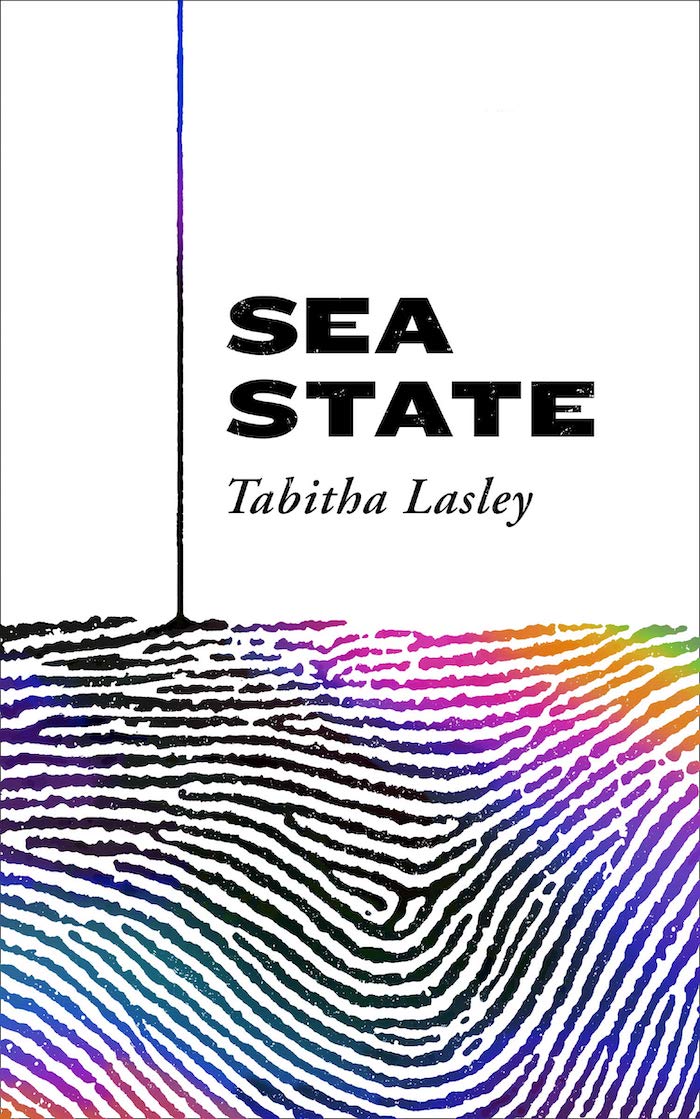Straight off the bat, Tabitha Lasley’s soon-to-be ex-boss points out the fatal flaw in her life-changing project. Jettisoning her job at a women’s magazine, a long-term boyfriend, a cramped London flat (after it’s broken into) and friends in her mid-30s, Lasley heads to an austere Aberdeen to find out with her own eyes and ears what oil-riggers get up to when they’re “on” and “off”, that is, offshore and on-land. What she discovers about the latter is perhaps unsurprising: they drink (gallons) and/or find a mistress; something Lasley learns firsthand. She falls for Caden from Stockton (apparently most of the oil riggers hail from Teesside), a married man with two kids and her very first interviewee.
So the editor was right to raise an eyebrow after all, but her scepticism also unwittingly hits on the originality of this expose-cum-memoir. In the long shadow cast by the Norwegian oljeeventyr, or oil fairy tale, and its Thatcherite retelling in the UK, Lasley dutifully lays out the reality – the horror, really – of making a living in the middle of the North Sea, as well as the oil companies’ decades-long war of attrition with workers’ and human rights. Along the way though – in fact, for most of the book – she takes in a whole range of evergreen issues. Sea State is a layer-cake of age, class, sex, politics and gender, and the more Lasley inspects the cross-sections, the more we see there’s hardly any filling to keep the layers apart.
The book is changeable – a conversation with a rigger about corporate negligence can turn into a rant about foreign workers before shading into an unwelcome come-on – but Lasley is the subject we keep coming back to, like one of those rickety rigs standing in the lonely expanse of that unforgiving sea, weathering cycles of boom and bust. The men threaten but fail to push her off the platform. Her affair with the chameleon Caden – “He was like water. He assumed the form of whomever he was with at the time” – blooms and withers, as we knew it would, and how, but Lasley clings on to forbidding Aberdeen and forges ahead with her work. You have to admire her tenacity. As much as the book is about what men are like with no women (or one woman) around, it is about what a woman is like with no real friends around. She becomes reliant on Tinder and bad weather, when helicopter flights out to the rigs are grounded and the city’s bars and clubs swell with stranded workers, not only for research but for a semblance of adult human interaction.
Lasley clocks up over a hundred interviews in the end and, by the time she leaves Scotland behind, she is so familiar with the self-deceptive sexism of the men she encounters she could, well, write a book about it:

My ex is crazy: I treat women poorly. My ex is controlling: I am a cheat. My ex is bitter: I am incapable of linking cause and effect. My ex took me for everything I had: she received an amount commensurate with her contribution to our marriage. My ex won’t let me see the kids, though I pay through the nose: I think maintenance payments ought to work like a VIP concert ticket, where you buy access to the performer, irrespective of my failings as a parent.
Her patience for their self-pity over self-inflicted wounds wears thin and more and more she allows her desire, her dread – already the most powerful current here – to flow freely, unchecked. The guy she strikes up conversation with on her flight back to her hometown in northwest England can hardly get a word in edgeways, as she launches into an extended post-mortem of her relationship so thorough it makes everything we’ve heard up until now seem like only the rough outline of events. This final generous tranche of dialogue also magnifies an already extraordinary element of the book: Lasley’s verbal talent (putting her prodigious personal memory aside), not only as a writer with a Jamesian penchant for French phrases but also as a quick-witted conversationist. Lasley never puts a foot wrong in these exchanges, which gives this piece of nonfiction more than a hint of the fictional.
The literary neatness is mostly to the book’s credit. As Lasley comes full circle, working in a forgotten industrial town she grew up near, it becomes clear she has been living out a sort of fantasy of transformation – no more or less fantastical than the idea that oil might turn places like Aberdeen into Dubai-on-Dee. She poignantly describes the literal dismantling of the North Sea dream – men being contracted to strip the structures that “were the same that had kept their families housed, clothed and fed for years” – suggesting that the people in these parts of the world will most likely end up back where they started, if not worse off. True to form, Lasley reports all this without an inch of detachment. She lives it, lamenting the disappearance of another way of life: the club culture once dear to her heart. She reminisces about bombing it down the motorway in a battered hatchback to club tracks after a night out – while bombing it down the motorway in a battered hatchback. Plus ça change, the book seems to say, all the while happily proving that change is truly what you make of it.
- Sea State by Tabitha Lasley (4th Estate, £14.99)
- Read more book reviews on theartsdesk















Add comment